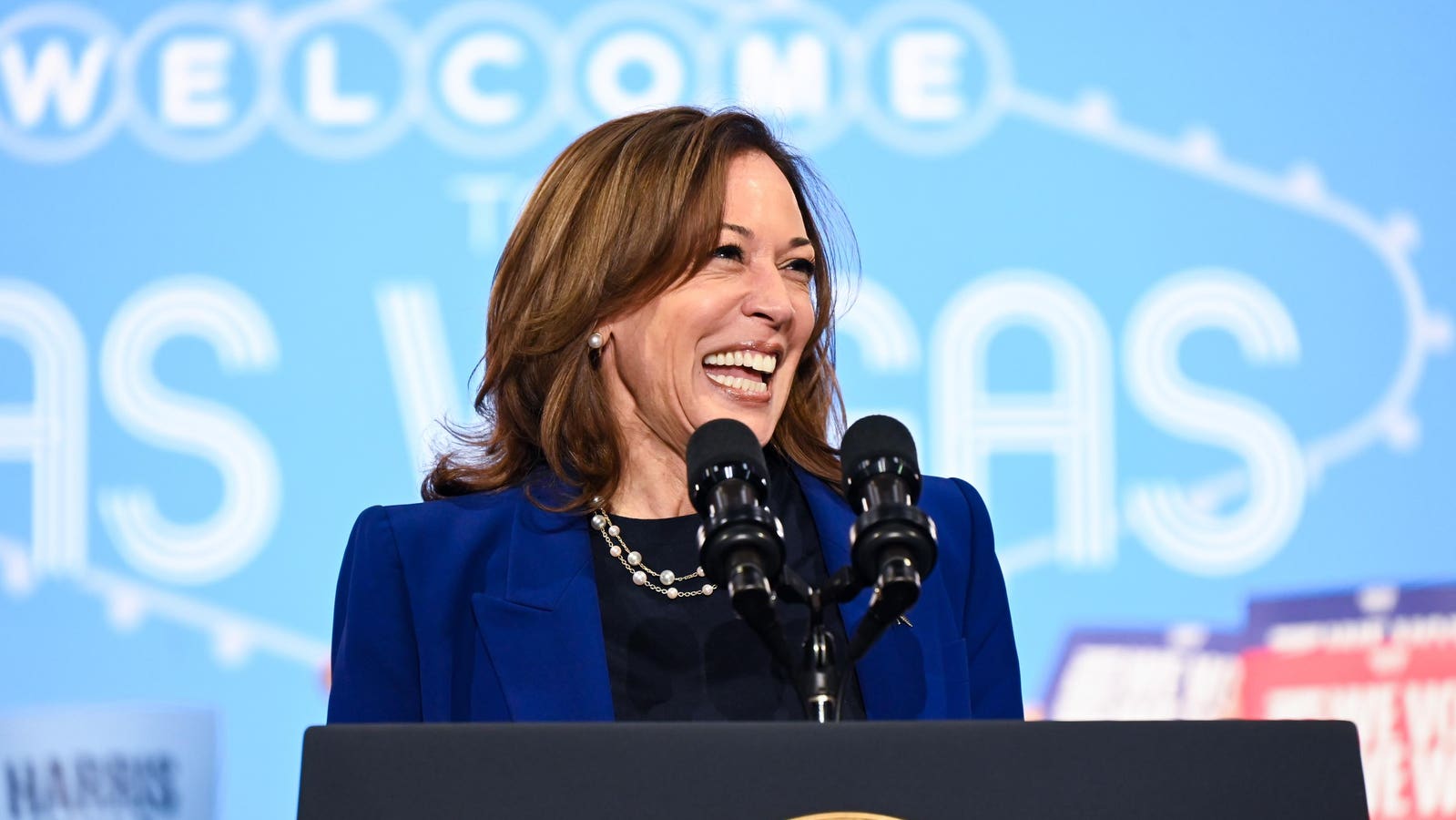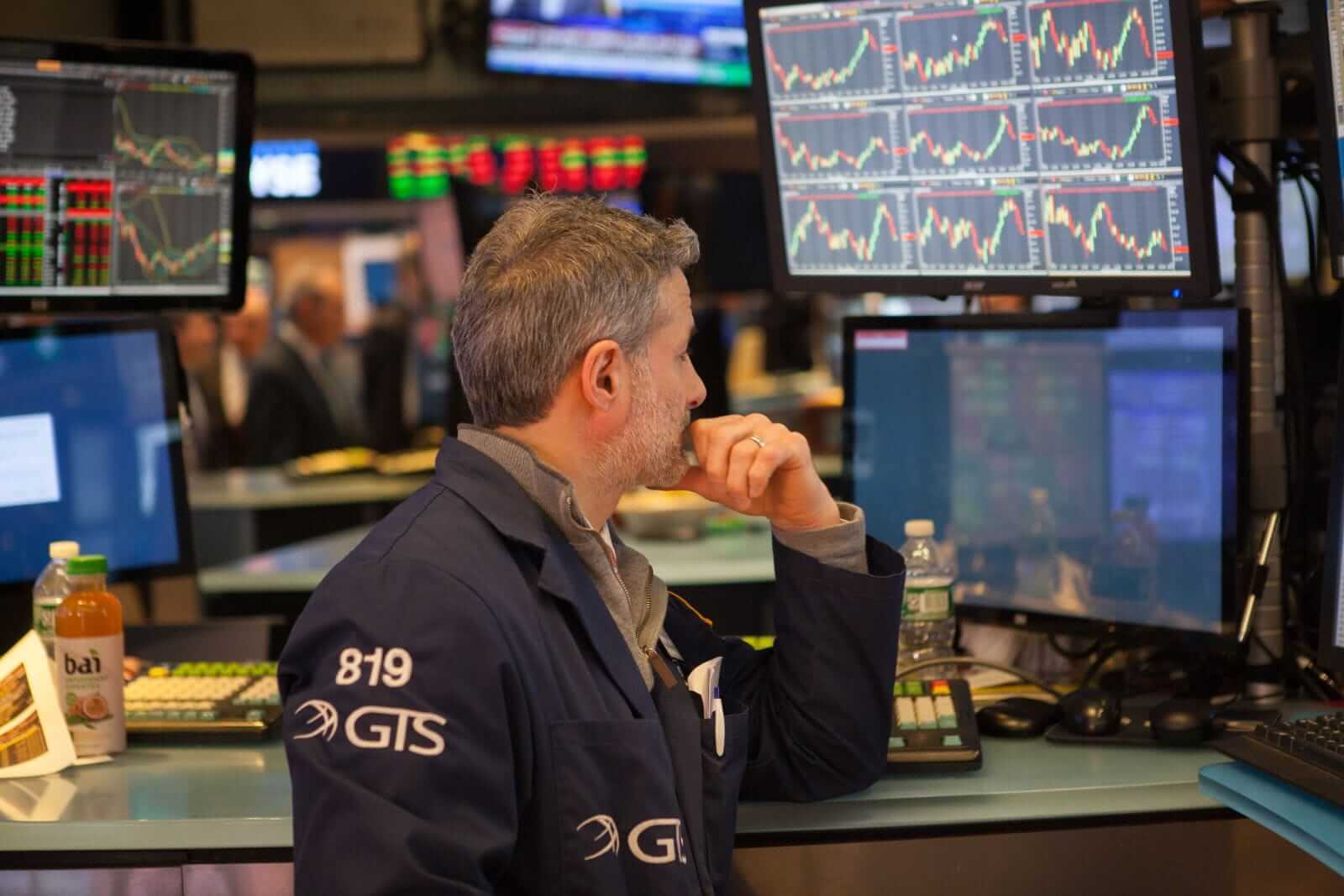Topline
Presidential election prediction markets drifted Friday toward Vice President Kamala Harris, giving Harris the strongest and former President Donald Trump the weakest probability of winning next week’s election in more than a week on betting sites, though oddsmakers still favor Trump.
Betting odds moved in Harris’ favor Friday but still favor Trump.
Key Facts
Harris’ betting market-implied odds of victory stood at 42.4% Friday afternoon, hitting the highest level since last Thursday, with Trump inversely at an eight-day low of 57.2%, according to the site Election Betting Odds, which tracks odds movements across five platforms which allow users to wager on the election outcome.
The split on the crypto-based Polymarket, which is not legal in the U.S. but is arguably the most famous of the sites, narrowed to 60.3% odds for Trump compared to 39.6% for Harris, down from the three-month low of 33.1% set Wednesday.
Polymarket competitors Kalshi and PredictIt, both of which operate legally stateside but have comparatively low betting limits per user, show an even steeper tilt toward Harris.
Kalshi prices in a 45% probability of winning for Harris, up from Wednesday’s low of 35% at the site, and PredictIt giving Harris about 49% implied odds, up from this week’s low of 41%.
Big Number
48%. That’s the odds FiveThirtyEight’s poll-based model gives a Harris win, compared to 52% for Trump. Other poll-based models indicate a closer split than betting markets do, and the Economist’s favors Trump by a 51% to 48% margin.
How Election Betting Works
Platforms take wagers for a certain candidate to prevail, with payouts dependent on the market-implied odds on the day of the bet. So if a candidate were to wager $100 on a candidate with 50% odds, they’d collect a roughly $100 profit if that person won, or they’d lose the $100 if their pick lost (not accounting for any fees taken by the betting site). Odds move for the presidential election markets similarly to other betting markets, like sportsbooks, meaning a key injury update which would swing the betting odds on a game should have a similar effect to a swing-state poll more favorable than prior surveys for a certain candidate.
Key Background
Election betting has become a popular subject of discussion this election cycle, with some experts touting the market as a useful proxy for the likelihood of the actual election’s outcome considering users are financially incentivized to get their predictions right. Others have questioned the impact individual traders can have on odd movements, and some like pollster and Polymarket advisor Nate Silver have noted the odds may be skewed toward Trump as the demographic placing these bets could lean right politically. More established brokerages like Robinhood and Interactive Brokers have launched their own election betting platforms in recent weeks. Polls indicate an extremely close race between Harris and Trump.
Further Reading


